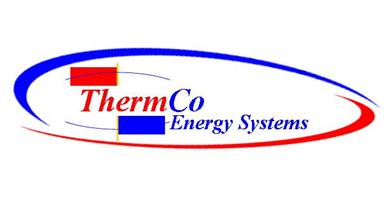|
Retro Fitting is thinking
GREEN – RECYCLING REDUCING CARBON FOOTPRINT |

|
Carbon Footprint |
|
If you are considering replacing your Commercial Roof Top air conditioning equipment, consider the environmental impacts of this decision. Allow us to provide you with an alternative Retro Fit solution that can keep your existing equipment in place, extend its life, and recycle it to far succeed today's most energy efficiency Air HVAC Unit, saving thousands of dollars in replacement and even more in electrical consumption. |
|
Heating Ventilation Air Conditioning HVAC Equipment |
|
Calculations: |
|
Air Conditioning Units |
|
USA Green Energy has post a report by Dr. John Stubbles, Steel Industry Consultant of Mason, Ohio prepared under contract to Energetics, Inc. Columbia, MD for the U.S. Department of Energy Office of Industrial Technologies Washington, DC. "Between 1990 and 1998 alone, intensity has dropped from 20 to 18 million Btu (MBtu) per ton. This figure is projected to decrease to 15 MBtu/ton by 2010 with an asymptotic trend towards 14 MBtu/ton." This means that the typical 500Lb. A/C unit has consumed 1,025 kWh just to come into existence.
Furthermore, the water used in the production of steel, according to the U.S. Geological Survey it takes 62,600 gallons of water to make one ton of steel. That translates to 31.3 gallons of water per pound of steel! A 500 lb. a/c unit has consumed 15,650 gallons of water to come into existence.
Note:
The purification process of water is also an energy consumer. |
|
Most HVAC systems can be retrofitted to improve reliability, reduce energy consumption, and meet new environmental standards.
The first two concerns are the most common reasons for HVAC system retrofits, but environmental concerns should be considered as a part of any change. |
|
The heating ventilation and air conditioning system is critical to any building, and is responsible for up to 40 percent of the total energy consumed by a typical commercial building. Proper operation of the system is essential both to energy efficiency and comfort for tenants and/or customers. |
|
Stimulate Energy Efficient by Retro Fitting |

|
Most HVAC systems can be retrofitted to improve reliability, reduce energy consumption, and meet new environmental standards.
The first two concerns are the most common reasons for HVAC system retrofits, but environmental concerns should be considered as a part of any change. |
|
Total Energy Conservation Products |